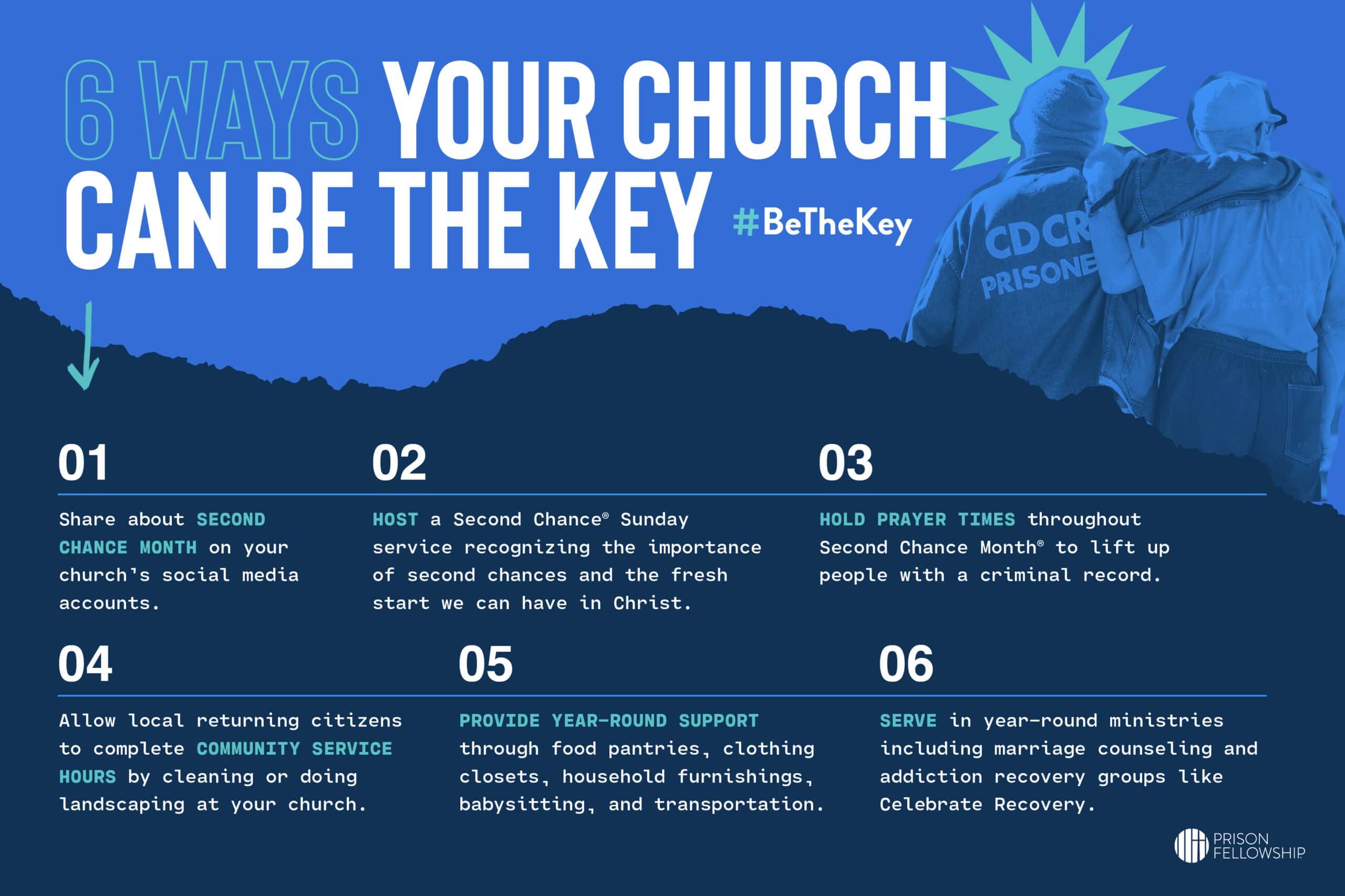
Just as God offers us a fresh start, we can offer a second chance to people with a criminal record. Here are 6 ways for your church to support second chances!

Just as God offers us a fresh start, we can offer a second chance to people with a criminal record. Here are 6 ways for your church to support second chances!
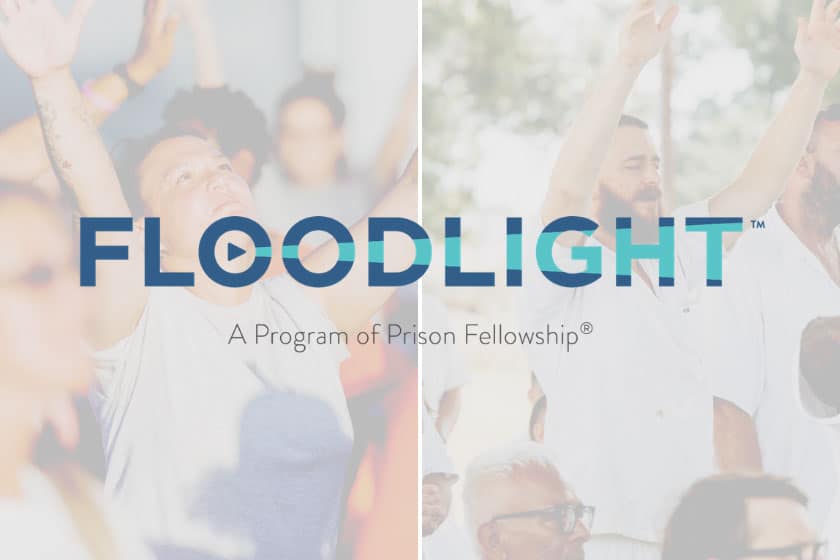
“Although COVID-19 may have closed the doors of America's prisons, it couldn't shut out the hope of the Gospel.” Through Floodlight, a new Prison Fellowship program, inspirational and educational content is available to prisons across the nation.
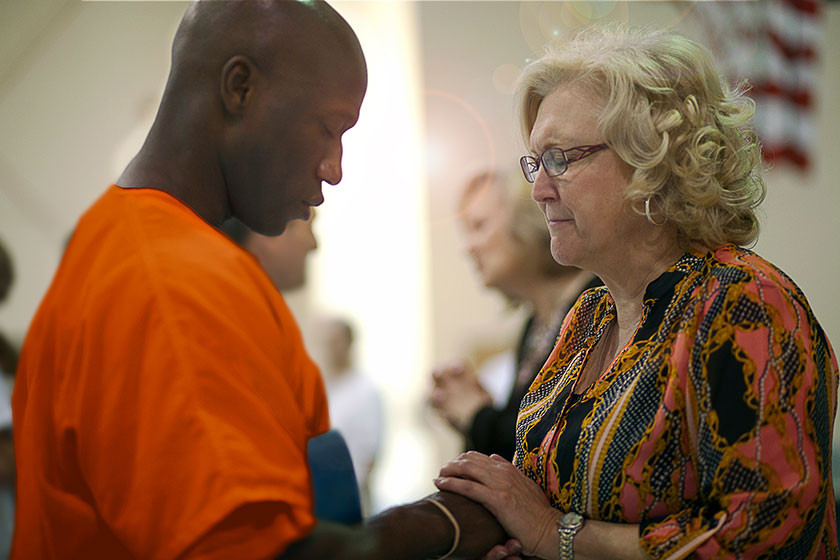
Thousands of people die each year from drug overdose. But Celebrate Recovery offers hope.
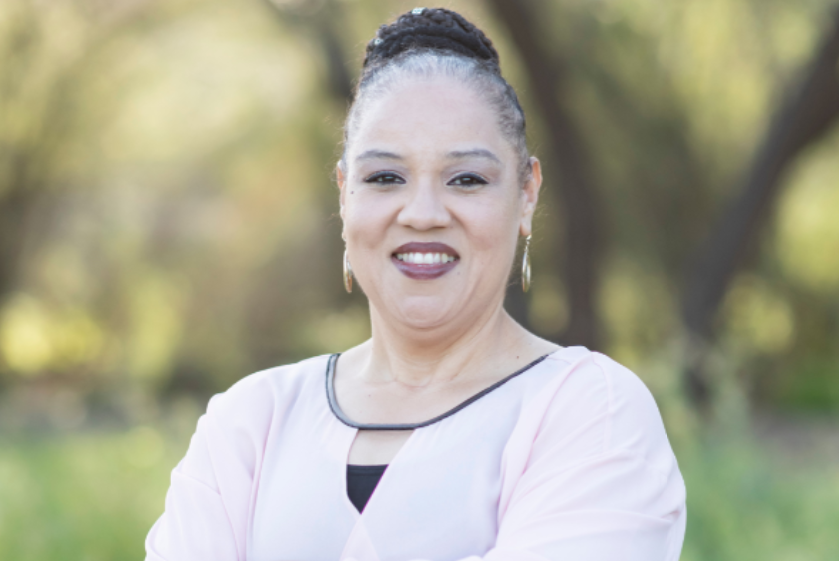
From an abusive childhood to a life in and out of prison. Serena Steenholdt felt like her life was spiraling out of control until she found God and reconnected with her children... “God is so much bigger than I ever thought.”
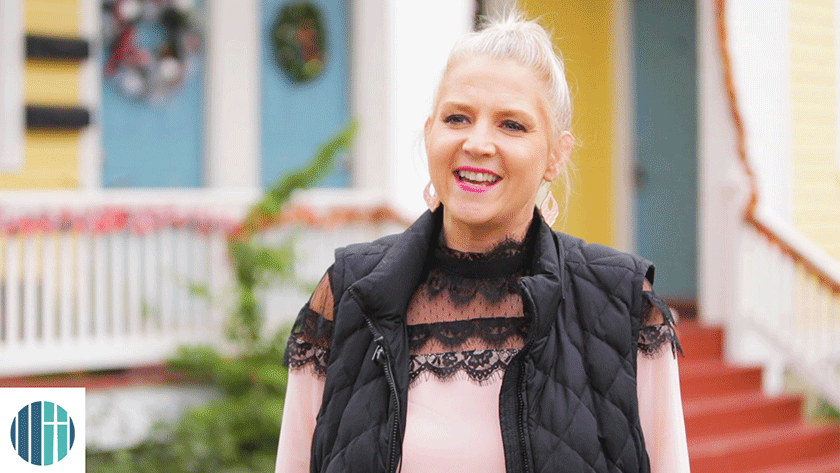
' Cynthia got clean behind bars, but would she be able to stay clean on the outside?
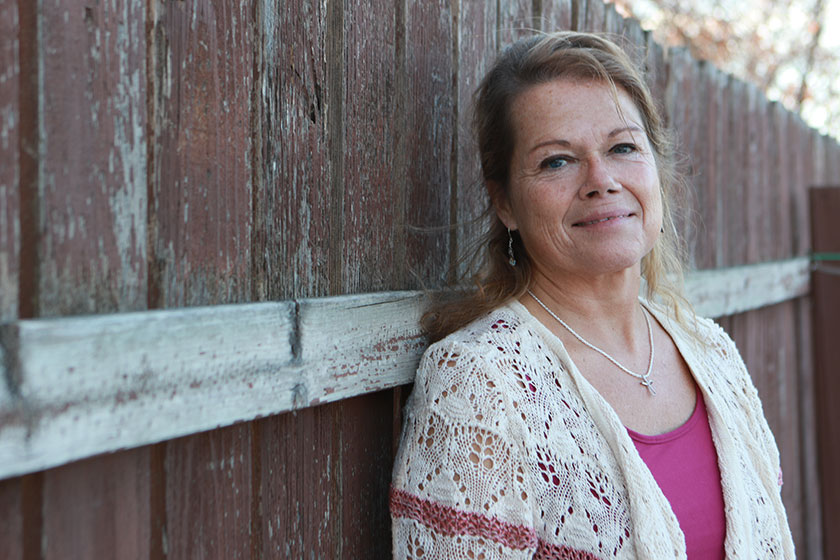
Finish the race. Win the prize.
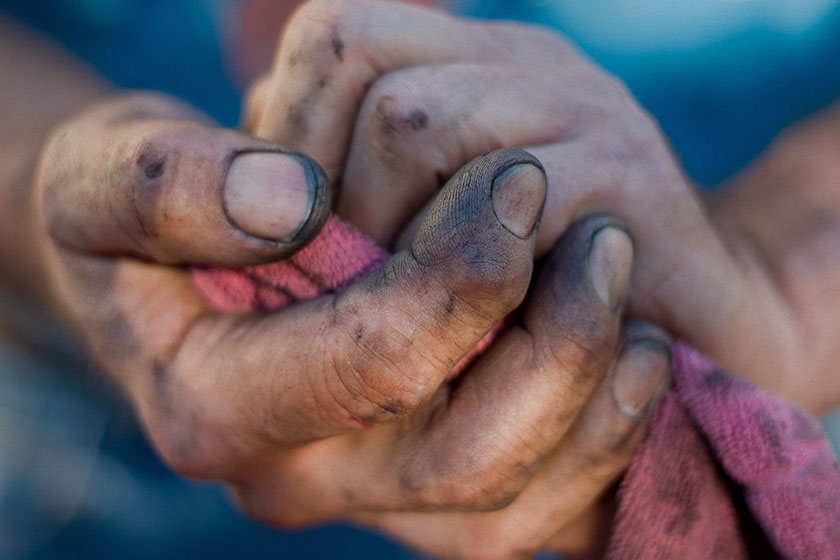
Phil thought he had his addiction under control. He kept working, even managing teams of people and millions of dollars in projects, but eventually he slipped into darkness.
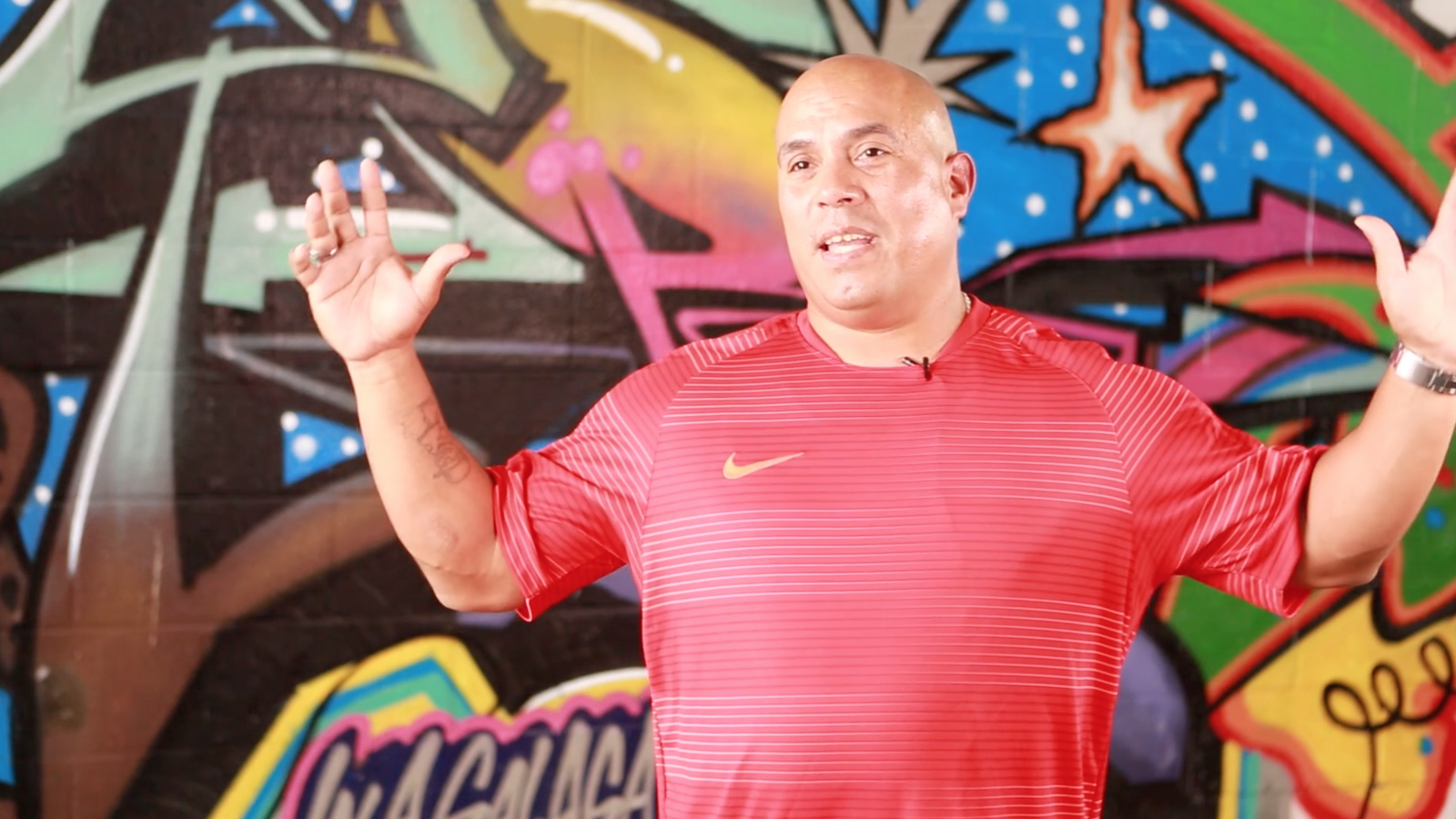
I realize I've learned to have a victorious life out here. ... Sometimes it can get rough, but I go back to what they taught me.

Can addicts stop themselves from relapsing? Celebrate Recovery and Teen Challenge share what to do when relapse threatens.
Lorie Longoria came from a broken home. To escape, she ran away at a young age to the streets.
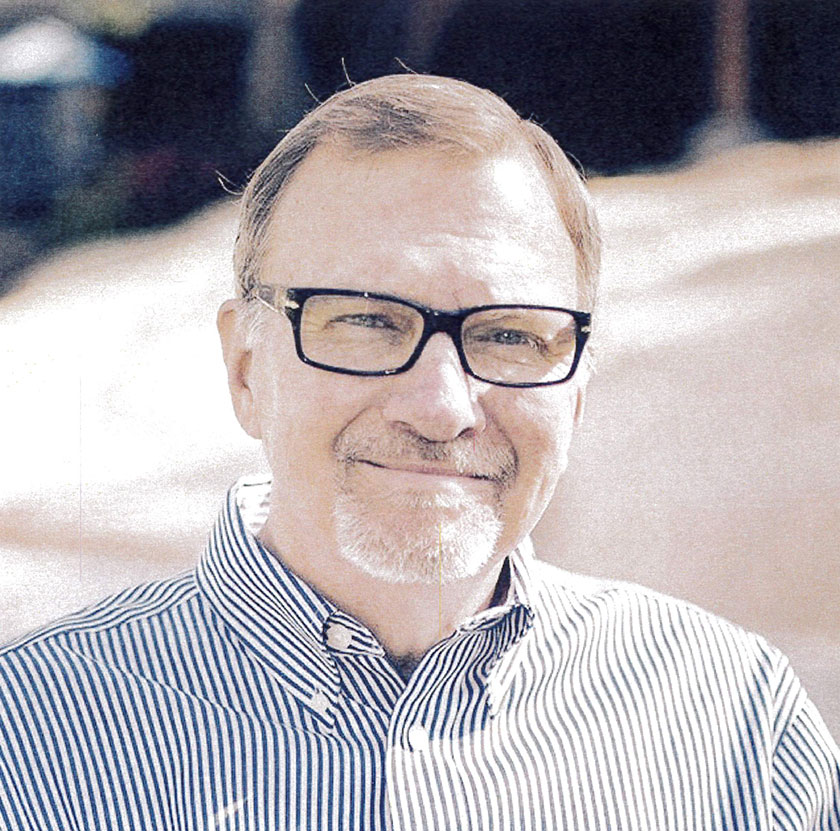
John Baker, the founder of Celebrate Recovery, lauds a new partnership to enhance Prison Fellowship®'s in-prison curriculum and recruit more Angel Tree® churches to serve prisoners’ children and families.

Ankie Nielsen has driven the 25 miles to and from the women's correctional facility every week for the past 14 years—rain or shine.

Prison Fellowship® is partnering with Celebrate Recovery to provide addiction recovery programming to incarcerated men and women nationwide.
Over 50 percent of prisoners currently suffer from substance abuse addiction, according to the National Center on Addiction and Substance Abuse at Columbia University. Another 20 percent either have histories of substance abuse, were under the influence of alcohol or other drugs at the time they committed their crimes, or committed their offenses to get money to buy drugs.

Prison came as a relief to Kathy Davis, a homeless alcoholic and drug addict. "I didn't know how to get out of what I was doing."
Restoration Partners give monthly to bring life-changing prison ministry programs to incarcerated men and women across the country.
JOIN NOW